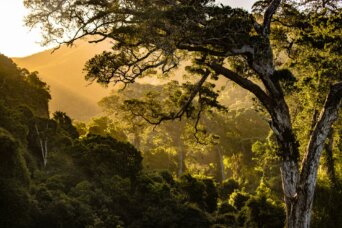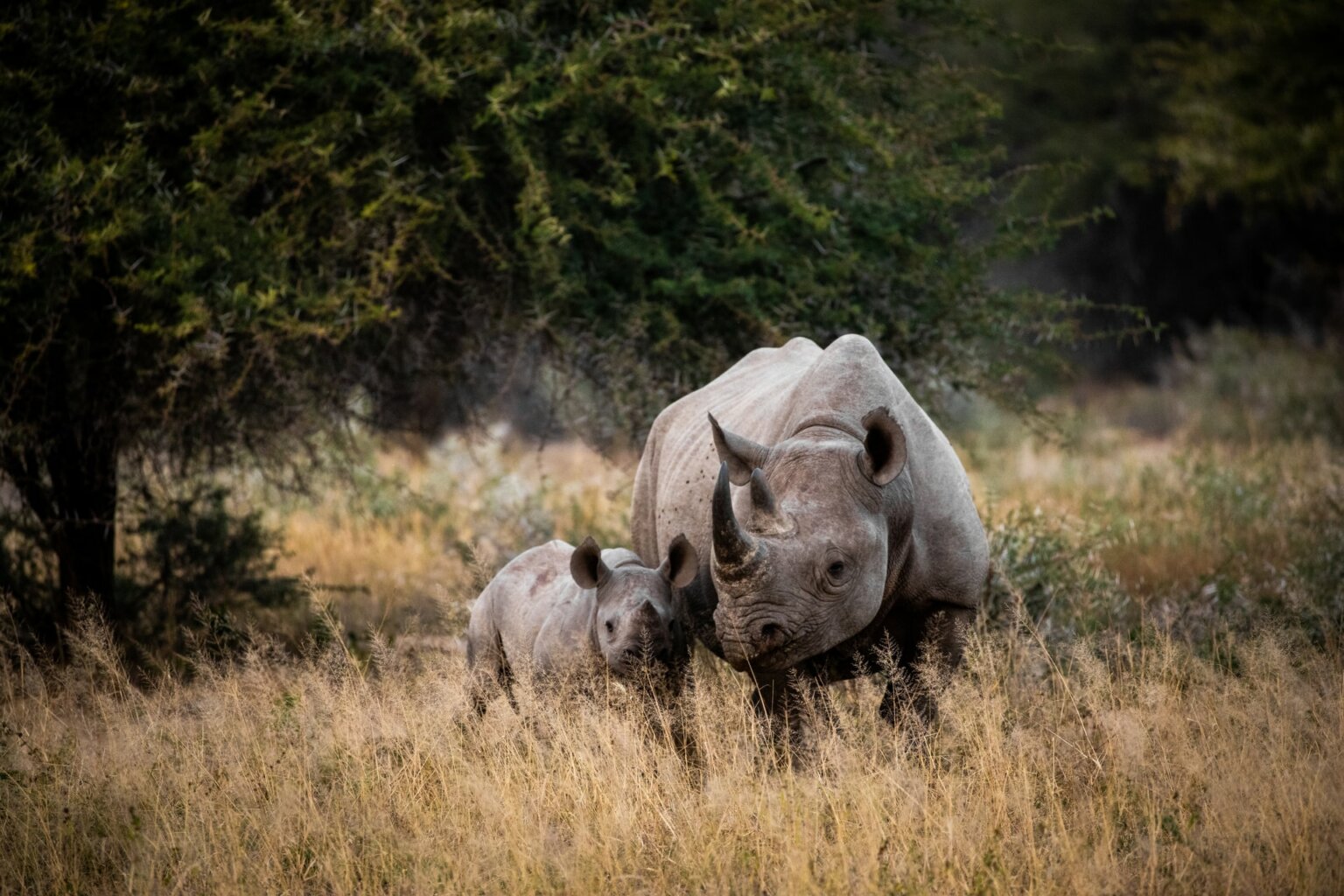- About
- Topics
- Story
- In-Depth
- Picks
- Opinion
- News
- Donate
- Signup for our newsletterOur Editors' Best Picks.Send
Read, Debate: Engage.
| topic: | Climate action |
|---|---|
| editor: | Bob Koigi |
In Africa, it is estimated that sixty percent of communities rely on land and forests for their livelihoods. The natural resources of these terrains are credited with providing shelter, food and income for rural populations while also being havens for the continents’ fauna.
But as the biodiversity of this continent disappears at an alarming rate, its inhabitants are facing both environmental and food-scarcity catastrophes.
Africa has one billion hectares of drylands, but up to sixty-five percent of its productive land has been degraded, with desertification taking a toll on forty-five percent of the continent’s total land area, according to reports by the UN. Similarly, about four million hectares of forest disappear each year.
As the demand for food and raw materials increases and the need for expanding infrastructure grows, land has become the biggest casualty of humans’ alteration of their environments. The degradation, while harming biodiversity, has also promoted the spread of diseases that move from animals to humans, like COVID-19 - pointing to the link between environmental concerns and health interests. Desertification and drought have also aggravated water scarcity and come at a time when an estimated two billion people globally struggle with access to drinking water - a number that is expected to reach three billion by 2050.
In order to build resilience of the African - and by extension global - population, enhance disaster-risk reduction and guarantee sustainable food production, the world should expedite and commit to the restoration of degraded ecosystems.
The UN Decade on Ecosystem Restoration has provided a platform and a rallying call to heal the planet, a noble initiative around which the global population should organise. Allowing communities to be at the heart of the restoration, calling on governments and global institutions to be at the driver’s seat of the campaign and taking personal responsibility in promoting ecosystem restoration are the first and crucial steps to saving our planet.
Photo by redcharlie

